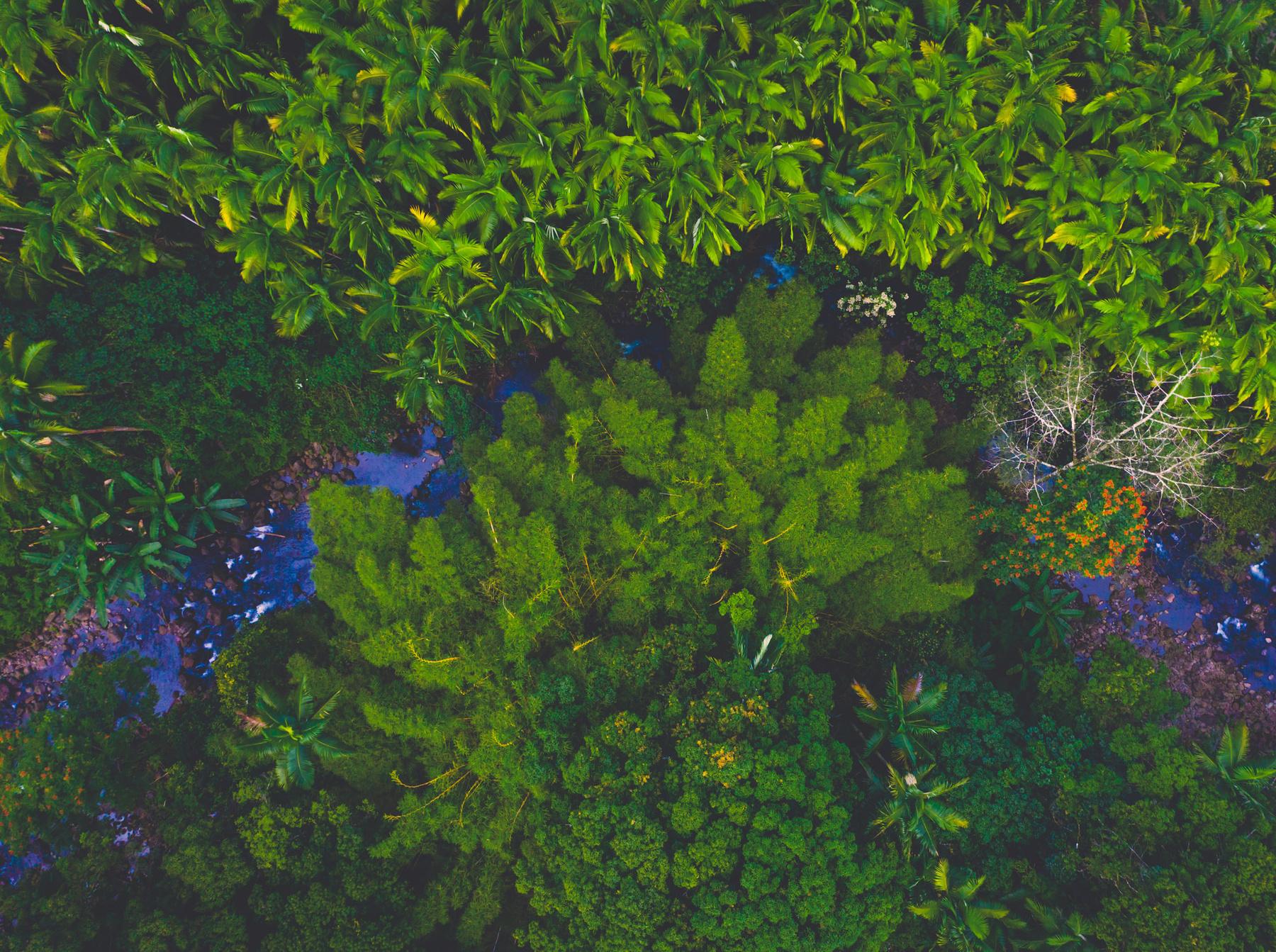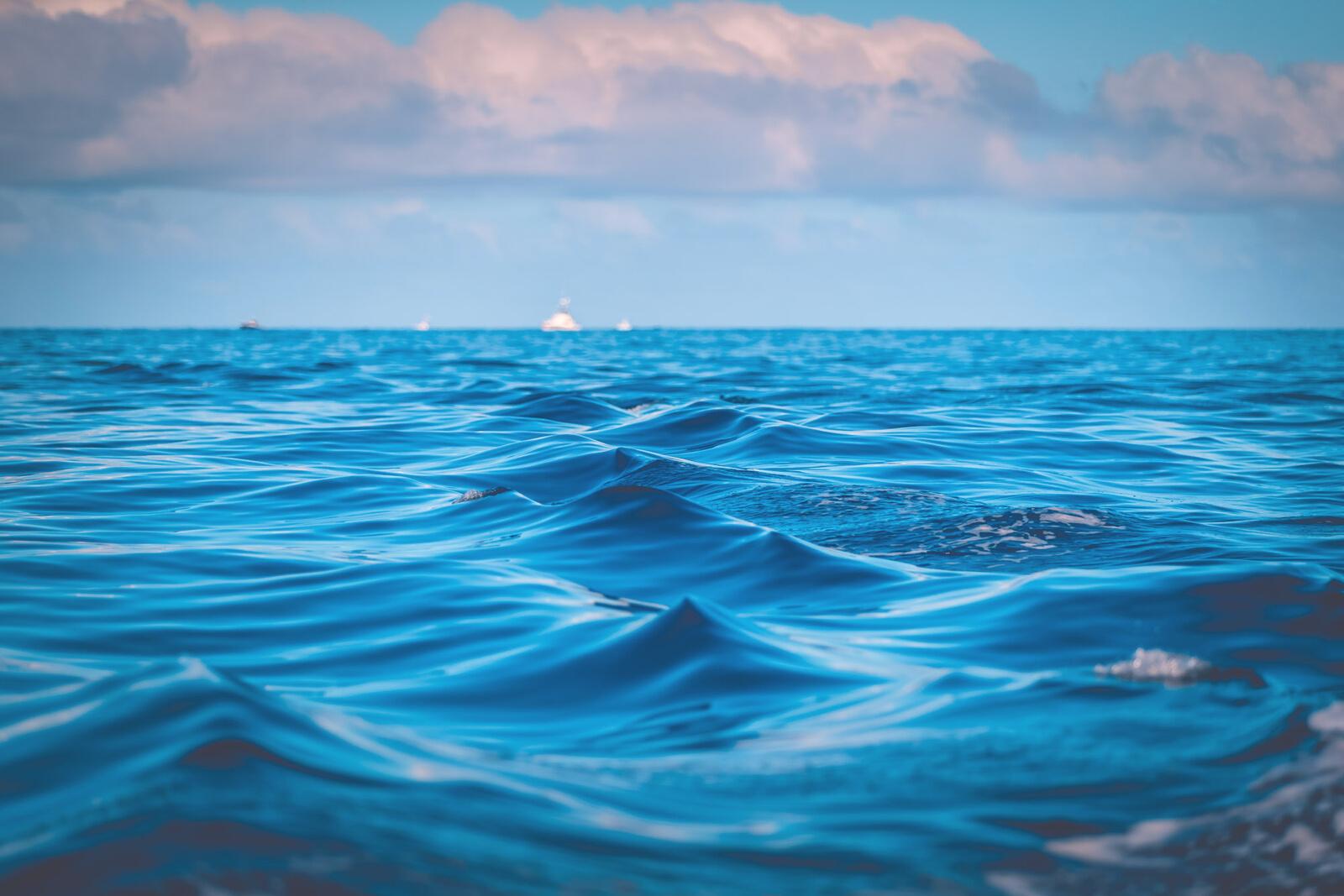CREATIVE & PERFORMING ARTS





Goal: A thriving art economy where art is engaging, accessible, inclusive, and part of all of our lives.
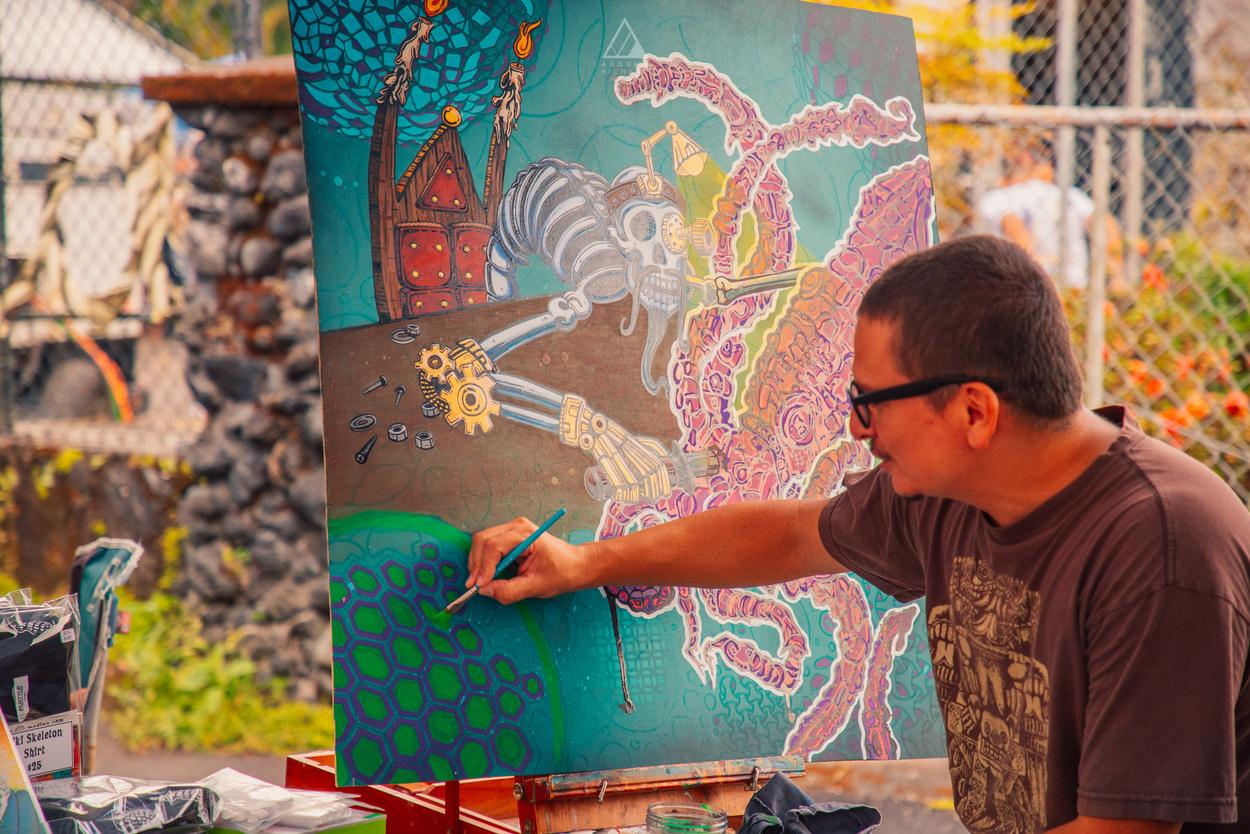
Aloha Spirit
Cultural diversity
Creative solution making & community
bonding
Fabric arts
Native aboriginal values and heritage
Natural environment
Network of Resilience Hubs
Reciprocal relationship with environment
Strong culinary arts connections
Untapped talent
Youth creativity
Platform to express & explore passions
Tool to address mental health
Curated experiences
Cross-sector collaborations
Community workshops
Disability awareness using art to create resilience through universal design
Build confidence and self-esteem
Tool to use and manipulate environment
Community needs drive art sector
Art for all ages, abilities, income levels
Art is more accessible for all ages/levels
Arts are highly valued by community
Bring awareness to social issues, events
More art in the public school system
Create products with purpose
Upcycle, repurpose, reuse materials
Living wages
Use culture and stories to create art
More community art projects
Empowered to study and practice arts
Grassroots collaborative art showings
including pop-ups and strolls
Access to various art grants and funding
Alternative licensing process to enable teaching within educational institutions
Establish Regenerative Recovery Center
Establish Hawai’i Makers Art Co-op
Online network of artistic endeavors
Financial support for the arts
Geographic challenges - transportation is barrier to access
Liability insurance for events
Minimal government support for industry
Competition among creatives
Entrepreneurial capacity is limited
Unfeasible sign installation guidelines
Arts not viewed as essential to community well-being
Art not fully integrated in place-based
community planning and development
Collateral-based loans are restrictive
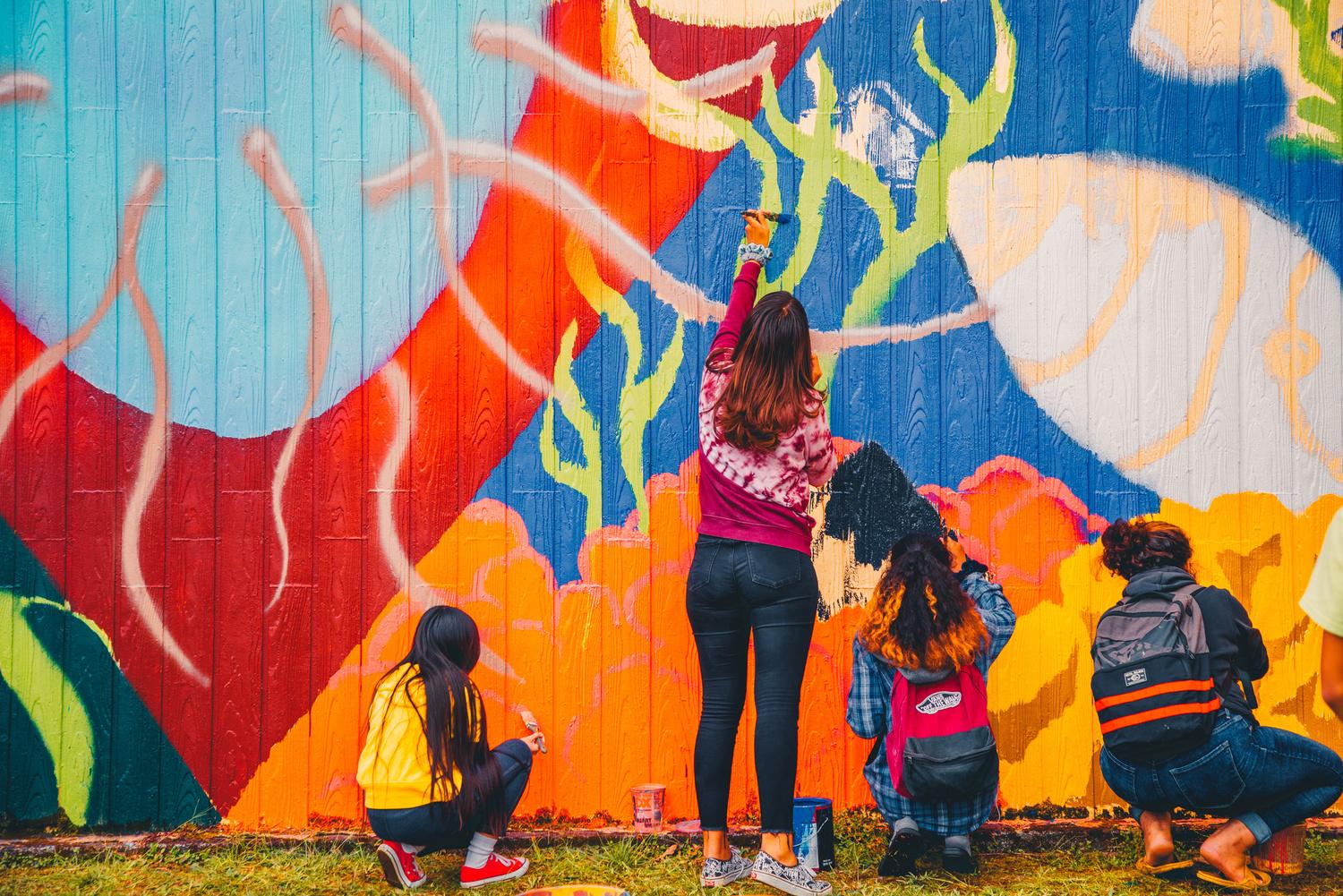
Increase access to create art and perform
Elevate culture and community stories through art
Public murals and art installations
Close the gap on geographic limitations
Support and sustain creatives with meaningful paid work opportunities
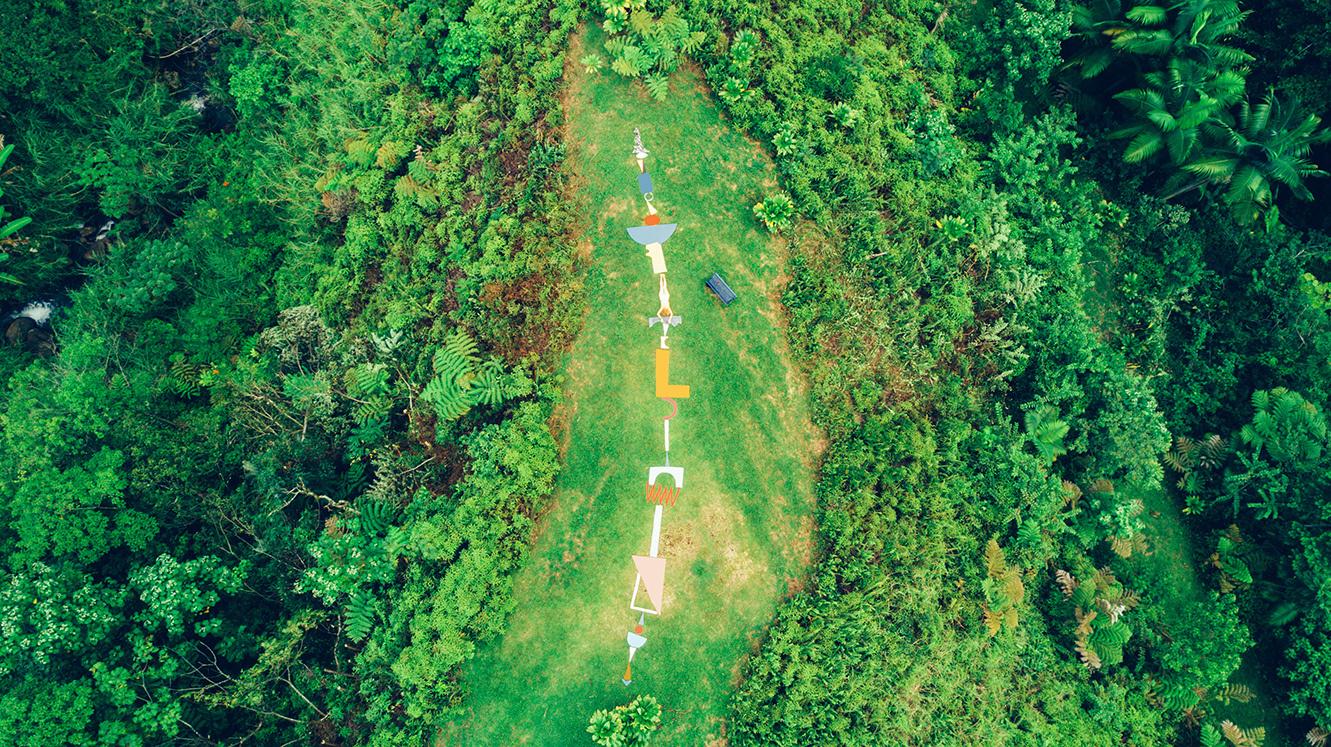
Ensure access to the arts within our schools
Offer art therapy
Gather data to showcase correlations between art and healing
Identify community art collaborations to unite area residents
Shift the deficit narrative around arts
Implement arts for the health and well-being of the military
Reduce waste through art installations and sustainable products
H O W D O W E R E I N V I G O R A T E T H E A R T S I N T H I S
C H A N G E D W O R L D ?
Allow art to guide the path
Support creatives to offer artistic solutions
Arts to drive tourism and revenue to local businesses
Arts play in creativity and innovation
H O W D O W E B E T T E R S U P P O R T H A W A I ‘ I ’ S
C R E A T I V E S ?
Strengthen creatives' capacity to serve
Offer equitable private and public sector resources
Frame the arts as essential to quality of life and civic health
H O W A R E T H E A R T S A T T H E C O R E O F A
C O M M U N I T Y ’ S W E L L - B E I N G ?
Arts offer diversity, equity, and inclusion to strengthen positive sentiment
Arts drive creative industries: museums, theaters, architecture, film, design
Communities with a high concentration of arts tend to have higher civic engagement, better child welfare, lower poverty rates, more social cohesion
Arts provide an avenue for productive social and political discussion
People with art training develop better communication skills and can more easily adapt to diverse ways of thinking
H O W D O W E M A K E T H E A R T S M O R E R E L E V A N T A N D
M O R E A C C E S S I B L E T O M O R E P E O P L E ?
Commit to building recognition of the importance of the arts through clear messaging and unified storytelling
Incorporate the arts into health and well-being across all demographics
R O S P E R I T Y M E T R I C S
Jobs
Increased wages
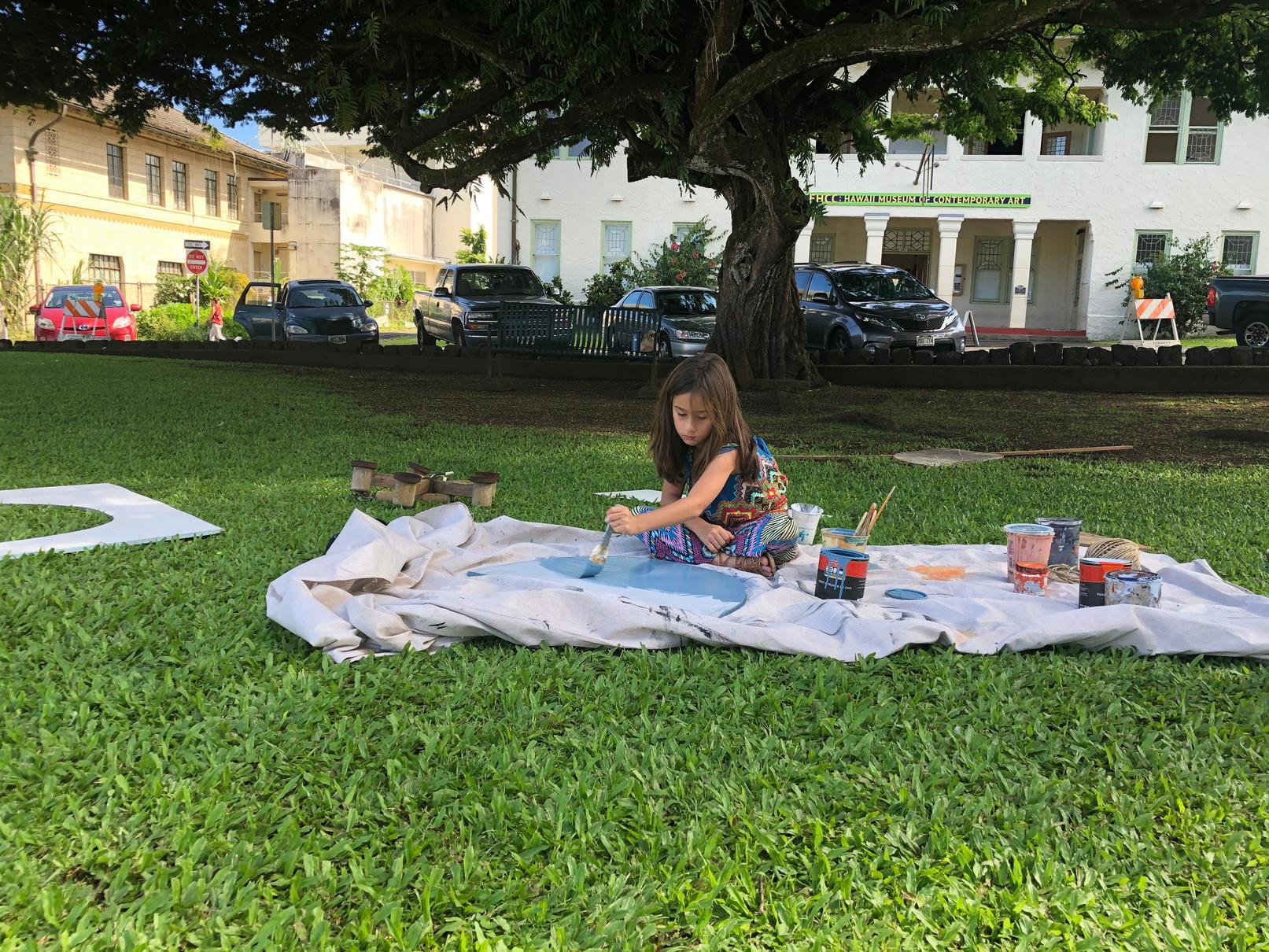
Artist grants
Increase in on-island spending
Increase in tourism spending
Colorful vibrant communities/spaces
Positive community feedback
Steady community engagement
Creatives feel valued
Community feels enriched
Stakeholders feel supported and aligned
L I S T O F P R O J E C T S & T A C T I C S
F O R S E C T O R S T R A T E G I E S
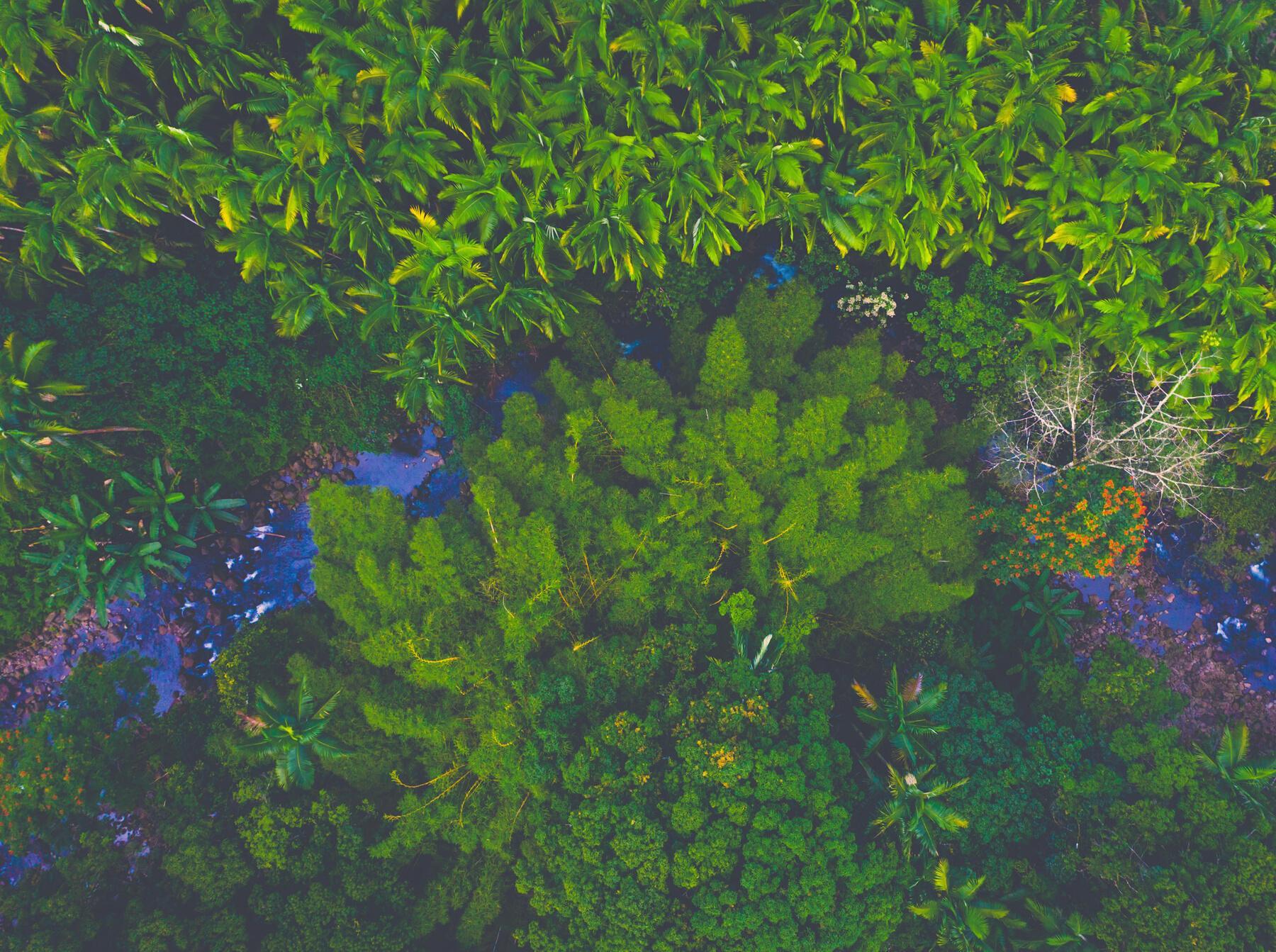
Arranged within an ABCD lens: what we can do, what we need help with, and what we need others such as government, philanthropy, and industry to do
Increase access to create & perform
What We Can Do
Connect and collaborate with local theaters and dance studios
Create a public list of ASL (American Sign Language) interpreters trained to interpret performances
What We Need Help With
Developing creative programs that are accessible to incarcerated or previously incarcerated
Creating artistic temporary access points into the ocean water for mobility limited and kūpuna
Improving the quality, affordability, and availability of studio and performance spaces
What
Provide incentives such as matching grants to local artists and performers and/or grants that are tied to free-of-cost projects/performances/workshops for the community
ADA friendly/compliant community gardens, art installations, and facilities
Increase the quantity and improve the quality of venues for arts and performance beyond the current limited options
Elevate culture & community stories through art
Paint shade cloth murals that tell stories of a place and install within community gardens
Document the development of art pieces and digitize online to provide more context
Offer storytelling and living history opportunities (interviews, archival, and sharing) that celebrate unique community memories, experiences, and histories
Creating signage and painting utility boxes, containers, buildings, etc that speak to culture and values of a community
Creating spaces at popular tourist destinations for skilled kanaka to demonstrate their artistic talents and conduct creative performances
Carry “products with purpose” made by local creatives and carry the stories and promote the values of their communities
Require/incentivize hotels and vacation rentals to display key inserts within their onsite guidebook to showcase community stories; couple with public banner and signage program with QR code andor hashtag program for more information
Public murals & art installations
What We Can Do
Connect local artists to communities, schools, and resilience hubs to create art
What We Need Help With
Having access to reliable funding streams on an ongoing/consistent basis
What We Need Others to Do
Set aside 1% on new project construction to fund an art installation within the projected project space (i e buildings, bridges, road repaving, etc) or surrounding community
What We Can Do
Bring art to the people via mobile art galleries, interactive art vans, and bus outreach
Bring music to the people with mobile music vans and bus outreach
What We Need Help With
Building and installing bus shelters islandwide that incorporate art
Better alignment of public transportation schedules with upcoming events, including special service
Creating a transportation assistance plan for those interested in attending art events and programs regularly
What We Need Others to Do
Activate a Kona bus terminal
Establish a Park & Ride in Pāhoa, Ka‘ū, and at the head of each private subdivision where the bus or rideshare can stop
Support & sustain creatives with meaningful paid work opportunities
What We Need Others to Do
Embed paid Artist Residencies at County/State buildings, recycling centers, farmers markets, libraries, community centers, and other highly frequented locales
Commission an artistic and calming installation that incorporates visuals and sound for the TSA line & CoVid testing areas at the airports
Pay poets to read their work aloud on the bus and at other government venues, community events
Government recognize the importance of the arts and fund ongoing development of creative infrastructure
Ensure access to the arts within our schoolS
What We Can Do
Contact principals islandwide share importance and value the arts
What We Need Others to Do
Offer low to no cost opportunities for creatives to collaborate and infuse more arts within the school system (i.e. Art Lunches where students watch a demonstration during lunch and are provided kits to try on their own time; murals on school campus that include students in visioning and painting)
See art as more than just standalone subject, and intentionally weave arts into all aspects of learning (i.e. integrate performing arts into P.E. to foster movement based learning; explore the intersection of art x science)
Offer art therapy
What We Can Do
Work with resilience hubs and regenerative recovery centers to fuse connections between the arts and the practice of ‘āina-based healing and mental health
What We Need Help With
Collaborating with non-profits to create unique art projects tailored to their mission
Partnering with Mental Health First Aid (MHFA) instructors to provide MHFA certification to local artists, so they have explicit background in therapeutic techniques
Creating opportunities for art programming that serves the whole 'ohana, from keiki to kūpuna, and fosters aloha and inclusion so art is accessible to all ages and all abilities
Creating art rehabilitation program for people who are incarcerated, or who are reintegrating back into community
Gather data to showcase correlations between art & healing
Working with psychology professionals and other relevant stakeholders to identify best data collection methods to show the positive impact the arts have on individual and community health and well-being
Collecting data and analyzing findings to inform a basic report on the values of exposure to art and engaging in art experiences in our daily lives
Identify community art collaborations to unite area residents
Engage residents and provide opportunities to participate in their local community gardens
Creating ground murals around the island
Coordinating a paint refresh of buildings in historic downtowns such as Pāhoa
Painting community boardwalks, such as in Honomu
Leverage social media to reach people regarding the importance of funding the arts and the vibrancy the arts add to our daily lives
Connecting with Data Justice and what we’re learning about the science of thematic analysis to elevate the connection and interplay of art and science
Developing and testing practices that convey the inherent, economic, and social impacts of the arts
Supporting local talk-story, traditional creative demonstrations, educational pop-ups, film and theatrical productions that share the cultural diversity and richness of Hawai’i's art scene
Creating systems for creatives and art organizations to work together and share infrastructure that supports the collective rather than compete for limited resources and duplicate efforts
Creating opportunities for artists with disabilities to be included as key contributors and leaders in building an inclusive and vibrant arts community
Hospitality industry leaders and stakeholders such as Hawai’i Tourism Authority, airlines, car rental companies, hotels, and vacation rentals to collaborate with local creatives to artistically engage island visitors in the Pono Pledge as well as regenerative tourism principles
Require approved transient rentals to procure an “Aloha Book” containing pertinent information regarding the unique attributes of people and place of surrounding area through artistically designed informational guides
Implement arts for the health & well-being of the military
Implement artistic design on planter boxes for Victory Gardens for Veterans
What We Need Help With What We Need Others to Do
Demonstrating the ability for the arts to heal mental, physical, and moral injuries of war for Veterans and service members
Incorporate the arts to promote resilience during pre-deployment, deployment, and the reintegration of service members, Veterans, their families, and caregivers into communities
Incorporate therapeutic art programming for correction’s officers, first responders, and police to process traumatic events, help them heal, and build empathetic relationships with community Healthcare organizations develop cooperative agreements with creatives and art organizations to provide art services including art therapy as part of spectrum of health care options
Reduce waste through art installations and sustainable products
Utilize pallets from industrial sites to create raised residential garden beds and outdoor furniture
Create worm farms from discarded 5 gallon buckets to support household and community gardens
Create sustainable products for purchase
What We Need Help With
Diverting waste from landfills and creating useful products out of discarded materials
Organizing Kamilo beach clean-ups to remove plastics and create art with found materials for installation in community parks, schools, and neighborhoods
Using clean discarded items to form a base for upcycled sculptures (i.e. hide trash within sculpture)
What We Need Others to Do
Create opportunities where environmental stewardship and ‘āina healing industries intersect
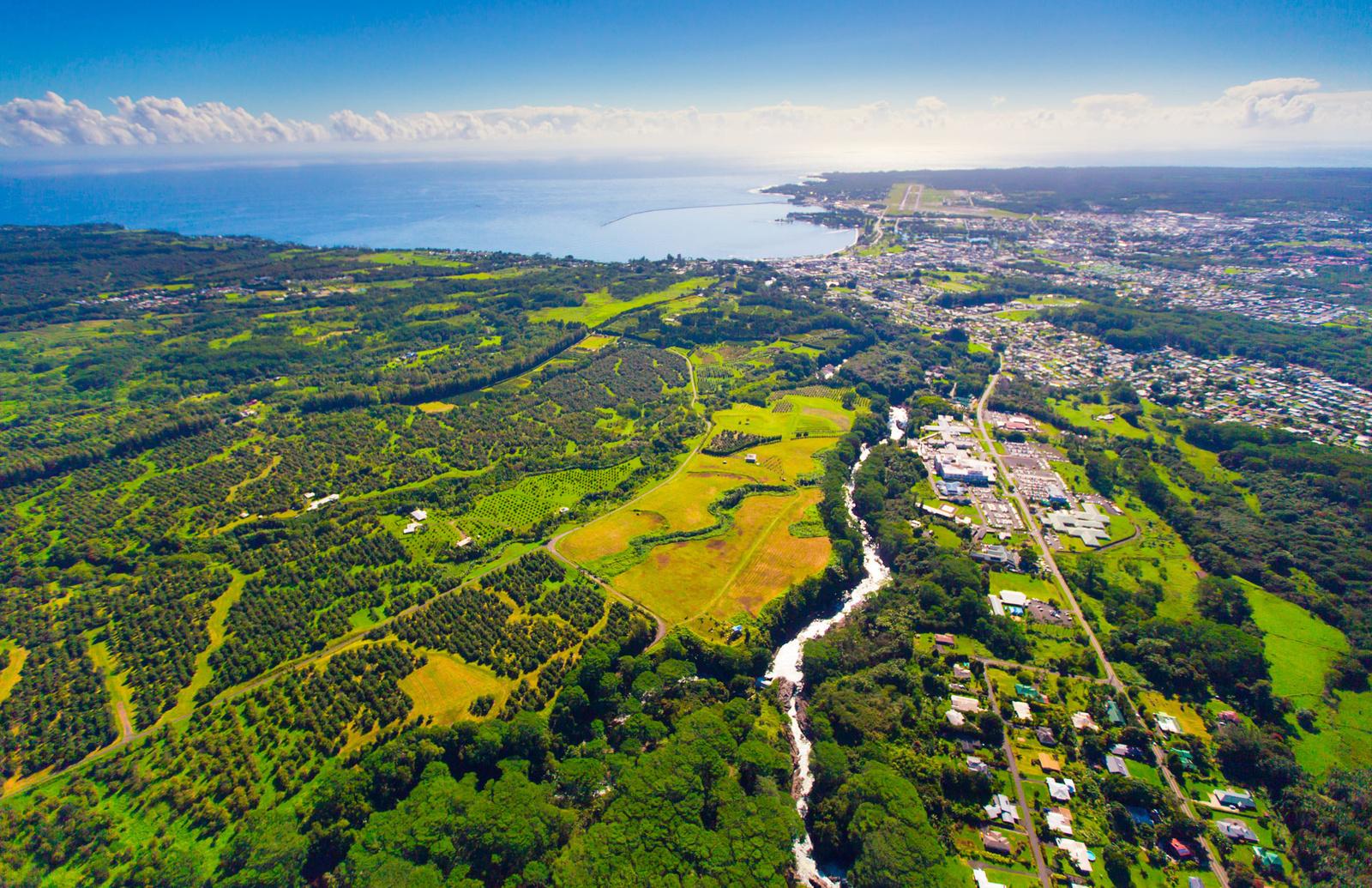
This strategy is designed to foster collective action. While priority projects are identified, everyone is encouraged to select a tactic or project that resonates, join (or create!) a core team, and work to implement. Core teams will be empowered with a goal setting framework and evaluative and feedback tools to ensure sustained and measured progress.
Convene and guide the Core Team to reach 90-day Key Results.
Commit to the success of the initiative: plan, design, launch, evaluate, iterate, and scale. Contributors must have bandwidth (time) and capacity to commit to a 90day action timeline focused on key results, organizational commitment and alignment, vision for transformation, and a willingness to take risks and weather small failures.
Supportive community partners who are relied upon to share their knowledge, perspectives, and to bring thought partners into the process.
For folks who are not ready to jump into a Stream - but want to learn more - Vibrant Hawaiʻi hosts quarterly CONFLUENCE. An open meeting where all Streams come together to share the outcomes of the last quarter and opportunities to contribute to activities in the next quarter.
The Economy Stream co-chairs will lead efforts to conduct quality, on-going evaluation of Core Teams formed to implement Action Plans for this economic development strategy. The purpose of this evaluation is to document objective performance measures and intended outcomes of the identified activities.
Utilizing both quantitative and qualitative methods, co-chairs will develop a way to help Core Teams monitor their progress and ensure that they are meeting their 90-day Key Results.
Process evaluation provides assessment of project implementation efforts. As indicated in the Logic Model (page 4), each activity will have identified Outputs (direct tangible results) with corresponding performance measures included as Outcomes (short-term, positive impacts on the community) that can be measured within a one year period. Outcome evaluation is primarily concerned with the efficacy of the project, which is outlined in the Logic Model as Waypoints (population level indicators) and the Scorecard (indicators that tell us how well we are doing in our journey toward a vibrant Hawai'i). The combination of these tools will effectively assist in assessing the overall effectiveness and impact of this Economic Development Strategy and Action Plans.
This evaluation effort will be enhanced by qualitative information through observation of program activities, site visits, interviews with Core Teams and stakeholders, and focus groups with residents; all of this will tell us how well activities are meeting anticipated outcomes.
White papers and data dashboards will be an option for communicating and visualizing the ongoing progress of the activities within this strategy.
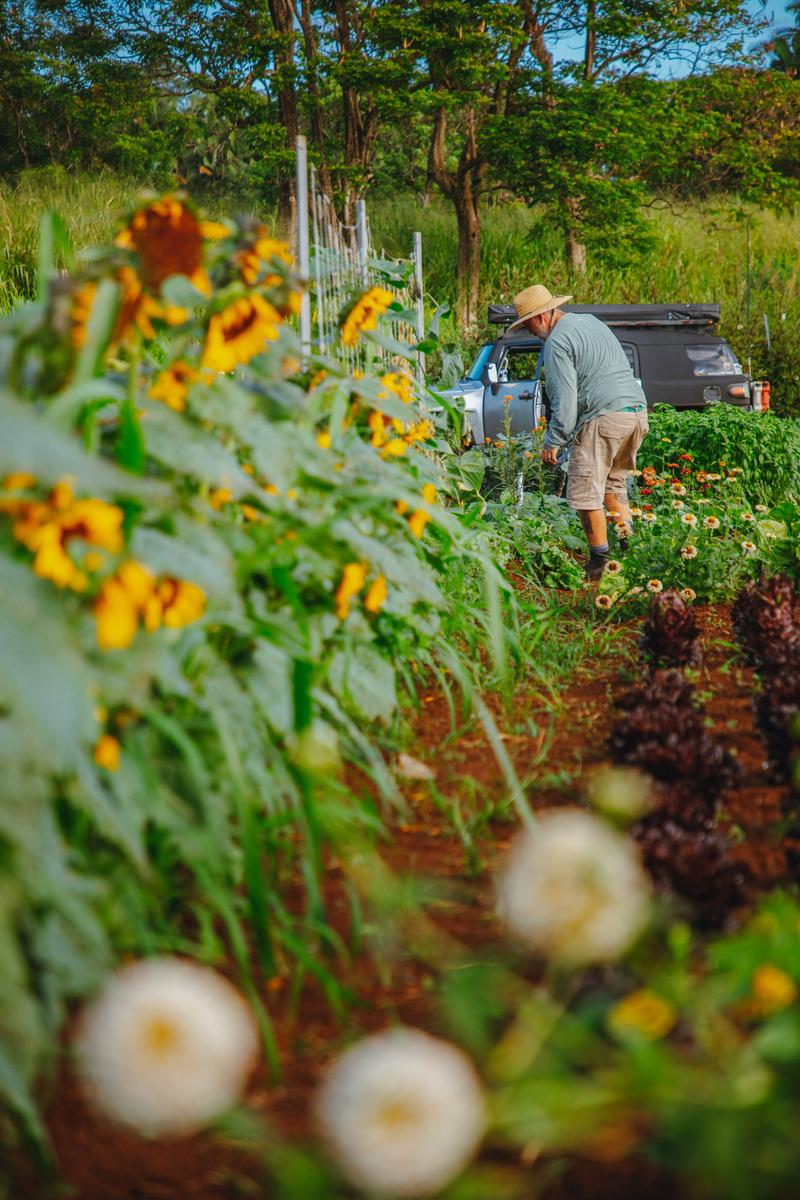
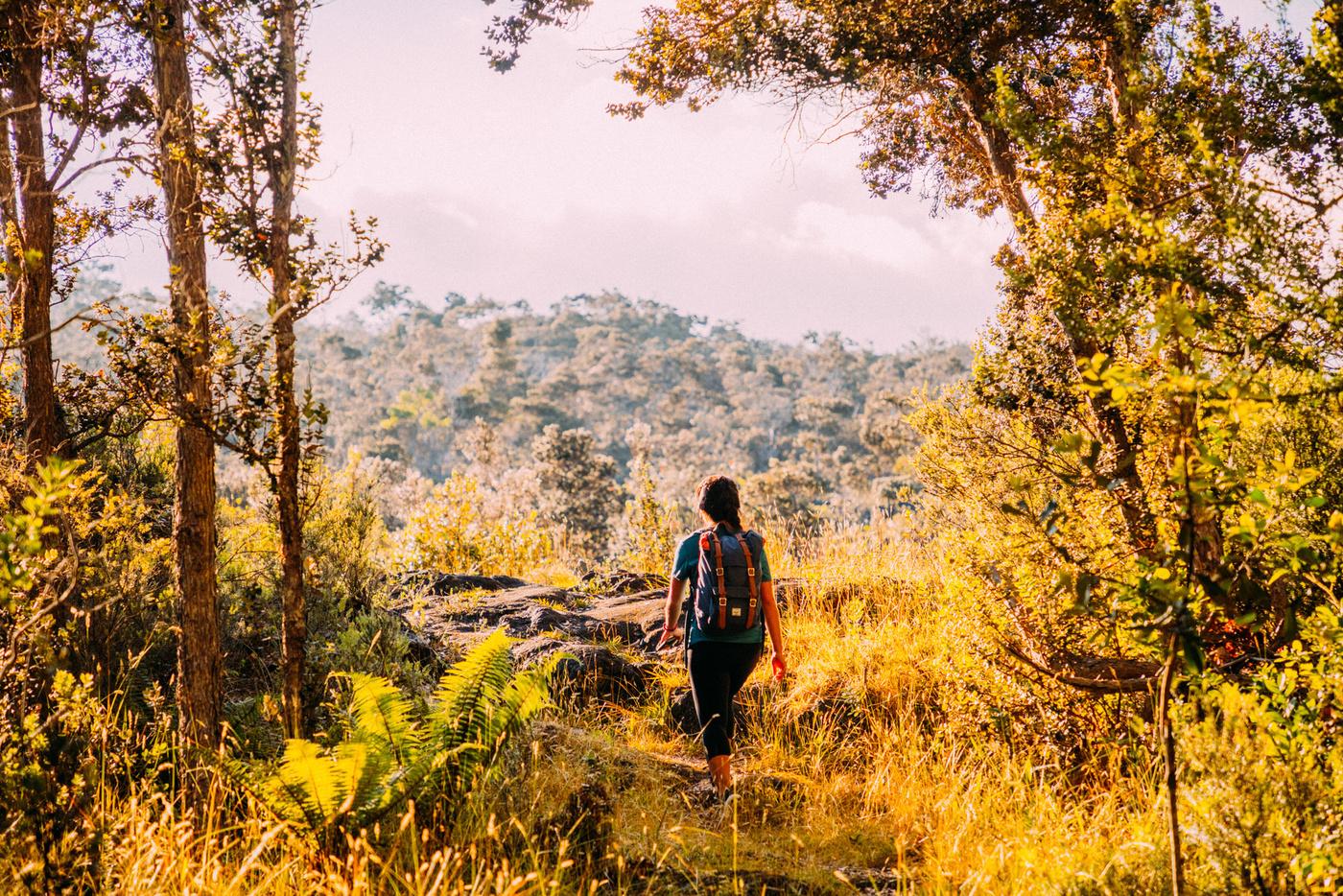
Vibrant Hawai‘i is a growing community that commits to individual and collective ‘auamo kuleana to increase equitable opportunities to build wealth: an abundant reservoir of human, social, natural, and financial capital that we contribute to and draw upon.

STRATEGIES FOR HAWAI‘I ISLAND
